
Google logo at the company's research facility - Photo: CARLOS BARRIA
In the era of digitalization and strong development of artificial intelligence, Google Maps is not only a simple mapping tool but also an important technology platform, supporting billions of users worldwide in locating, navigating and analyzing real-time traffic data.
However, in South Korea, the issue of exporting detailed map data is becoming a "hot spot" in the confrontation between the commercial interests of technology corporations and strict national security requirements.
In early August 2025, the Ministry of Land, Infrastructure and Transport of South Korea continued to delay its decision on Google's request to export detailed map data for processing on international servers. This is the latest development in a dispute that has lasted for more than 15 years.
Since 2008, Google has repeatedly submitted requests to upgrade Google Maps, but they have been rejected by the Korean security and defense agencies. In 2016, although the government proposed a compromise plan such as placing servers in the country or blurring sensitive areas, Google still refused because of concerns about affecting performance and global synchronization.
National security "no-go" zone map data
The sensitive political context between South Korea and North Korea makes high-resolution topographic map data a crucial security issue. Information related to military bases, strategic infrastructure, or defense systems is strictly managed under the Geographic Information Security Act and the Surveying and Mapping Act of South Korea.
By regulation, sensitive data is not allowed to be stored or processed outside the country without government approval, to avoid the risk of leakage or exploitation for military purposes.
Google Maps operates on a global network of data centers that require high-speed retrieval and synchronization to support satellite imagery analysis, object recognition, and traffic forecasting. Google believes that domestic processing limitations will degrade the performance and accuracy of the service.
In contrast, Seoul is determined to keep the original map data within its borders to maintain absolute control. Experts warn that with data at a scale of 1:5,000, even a small portion of the leak would be enough to reveal the location and features of key military facilities.
Technical and security challenges
The South Korean government faces two major challenges if it allows the export of map data: the risk of leaks during transmission or storage, and the loss of control once the data leaves the domestic system.
In response, Seoul plans to adopt a multi-layered security mechanism, including strict monitoring of queries from international servers, encryption combined with data fragmentation to prevent complete map reconstruction outside the territory, and an intrusion warning system to detect unusual activities early.
Currently, as these measures are not yet fully reliable, the possibility of South Korea allowing original map data to leave the border remains very low.
Source: https://tuoitre.vn/han-quoc-tiep-tuc-chan-google-maps-20250812005021057.htm


![[Photo] General Secretary To Lam receives US Ambassador to Vietnam Marc Knapper](https://vphoto.vietnam.vn/thumb/1200x675/vietnam/resource/IMAGE/2025/9/29/c8fd0761aa184da7814aee57d87c49b3)
![[Photo] The 1st Congress of Phu Tho Provincial Party Committee, term 2025-2030](https://vphoto.vietnam.vn/thumb/1200x675/vietnam/resource/IMAGE/2025/9/30/1507da06216649bba8a1ce6251816820)
![[Photo] Solemn opening of the 12th Military Party Congress for the 2025-2030 term](https://vphoto.vietnam.vn/thumb/1200x675/vietnam/resource/IMAGE/2025/9/30/2cd383b3130d41a1a4b5ace0d5eb989d)
![[Photo] General Secretary To Lam, Secretary of the Central Military Commission attends the 12th Party Congress of the Army](https://vphoto.vietnam.vn/thumb/1200x675/vietnam/resource/IMAGE/2025/9/30/9b63aaa37ddb472ead84e3870a8ae825)




























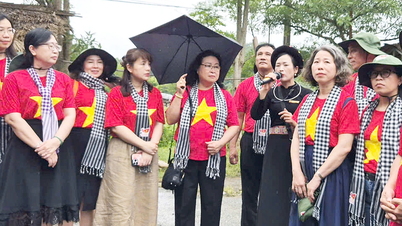


![[Photo] General Secretary To Lam attends the ceremony to celebrate the 80th anniversary of the post and telecommunications sector and the 66th anniversary of the science and technology sector.](https://vphoto.vietnam.vn/thumb/1200x675/vietnam/resource/IMAGE/2025/9/29/8e86b39b8fe44121a2b14a031f4cef46)












































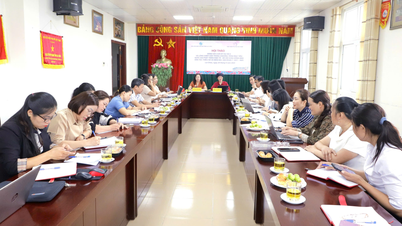
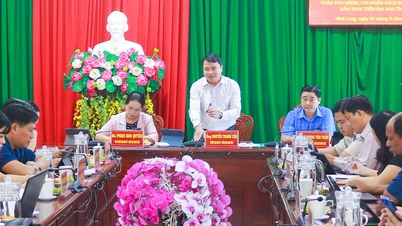

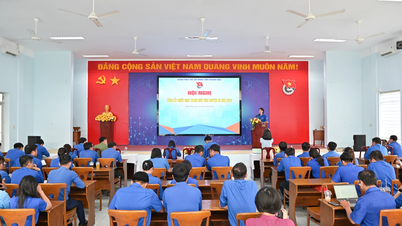













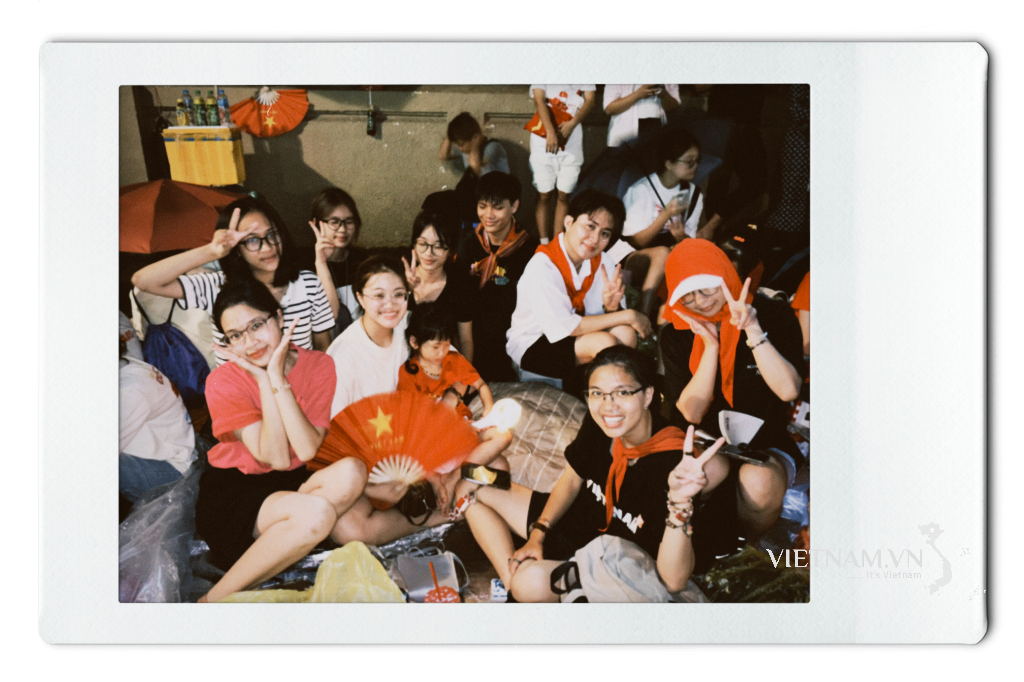


Comment (0)